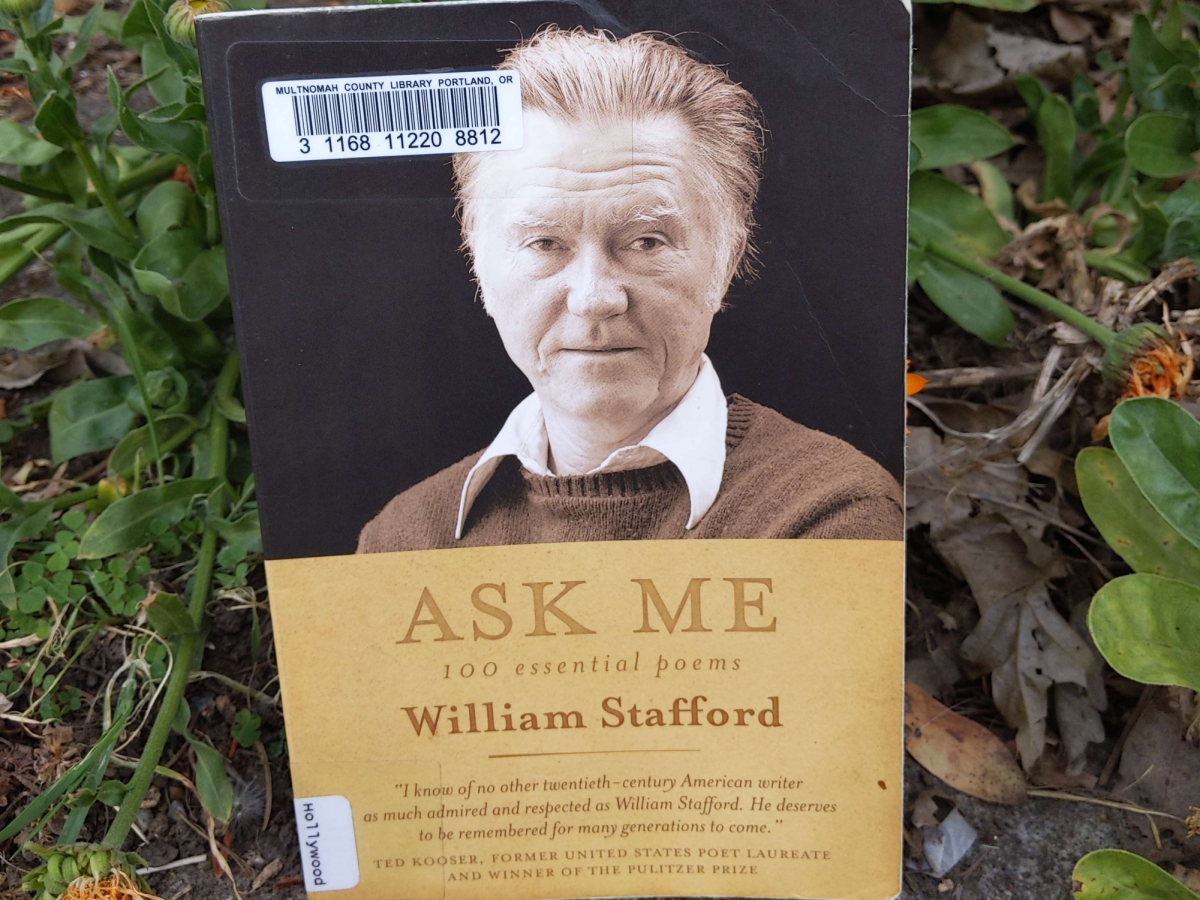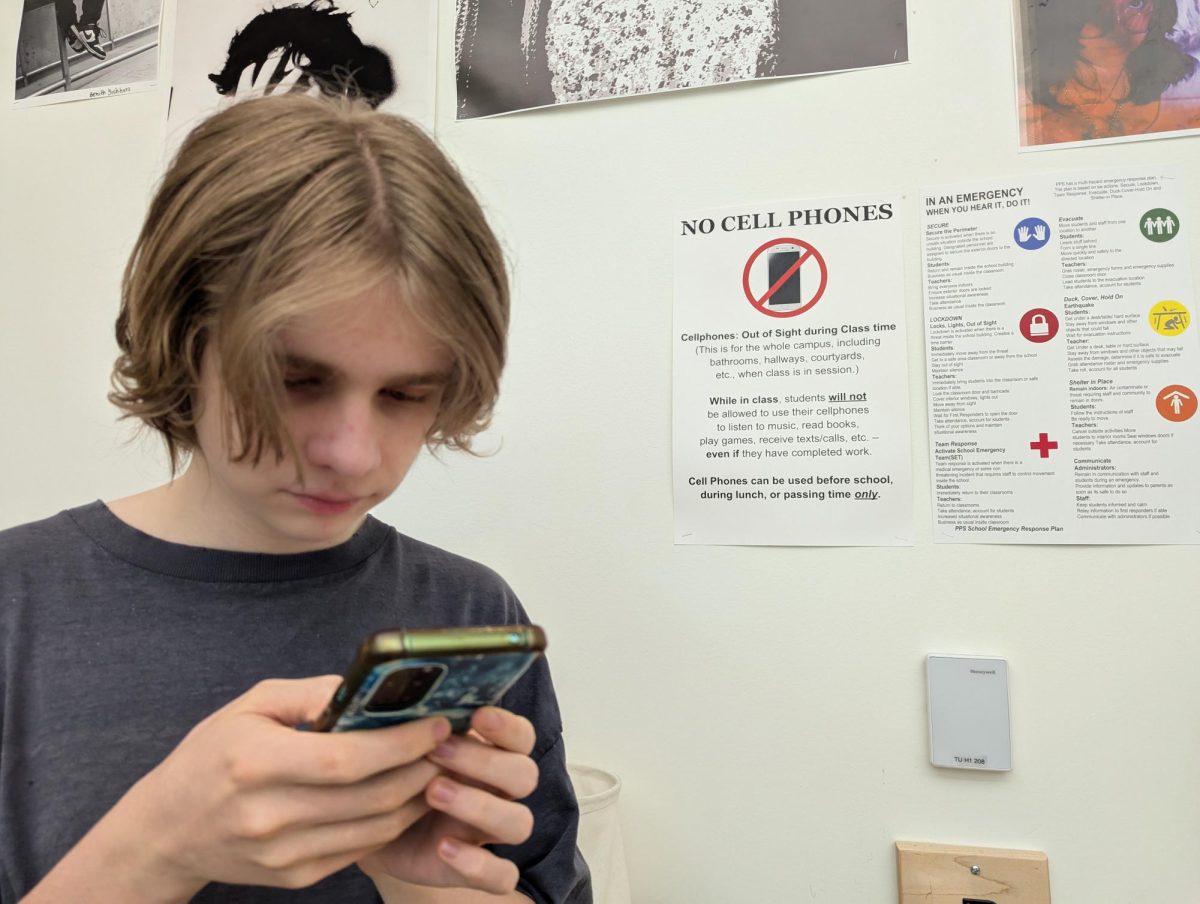Ask Me
- Some time when the river is ice ask me
- mistakes I have made. Ask me whether
- what I have done is my life. Others
- have come in their slow way into
- my thought, and some have tried to help
- or to hurt: ask me what difference
- their strongest love or hate has made.
- I will listen to what you say.
- You and I can turn and look
- at the silent river and wait. We know
- the current is there, hidden; and there
- are comings and goings from miles away
- that hold the stillness exactly before us.
- What the river says, that is what I say.
Note:
This poem was written by William Stafford. Stafford was a poet born during the great depression in Kansas who moved to Oregon in 1947. He was drafted into World War One, and was an advocate of pacifism, as well as being a conscientious objector. He became the 20th United States Poet Laureate in 1970. In 1975 he was given the title Poet Laureate of Oregon. He died in his cabin in Lake Oswego in 1993, at the age of 79.
Literary Analysis:
Upon my first reading of “Ask Me,” I was struck by the pensive tone and nature themed metaphors. The way that the speaker uses abstract and distancing language, and strong contrast between the two paragraphs, really sets the tone. You get the feeling that this is not a conversation the speaker wants to have, but one he finds necessary. In the first stanza, the speaker does not directly regard the person they are speaking to. Instead, he repeats the phrase “ask me,” and talks about the “others” that have filled his thoughts, and attempted to affect his life. I find the second half of the first stanza to be fairly cryptic: “… some have tried to help / or to hurt: ask me what difference / their strongest love or hate has made.” The way these lines are written, the speaker asks: “ask me how people have affected me.” While the first stanza has the author posing a question, the second one has him contemplating it. “I will listen to what you say.” Notice how he has gone from indirectly talking about the second person to directly addressing them . And with the setting of a tough conversation, one on one, out in nature, I think it’s safe to assume the two people are father and son, or father and daughter. But what is he saying to his child? That he will listen to what they are saying. And if we go back to the first stanza, what is being said is a question; “what mistakes have you made?” In response, he says “You and I can turn and look / [at the river].” The river is a metaphor for the speaker. It is moving quickly and strongly, affected by “the comings and goings from miles away.” Yet, all of this movement and change is hidden by the river’s icy cover. So to the question “what difference / [have others] strongest love or hate made?” The speaker’s answer is “much, but no one can tell but I.” To me, this poem is a beautiful reflection on strength, pain, and life. And it reminds me of a quote by Heraclitus; “No man steps in the same river twice: for it’s not the same river, and he’s not the same man.”
I’m curious what you think! Send me your thoughts at [email protected].




